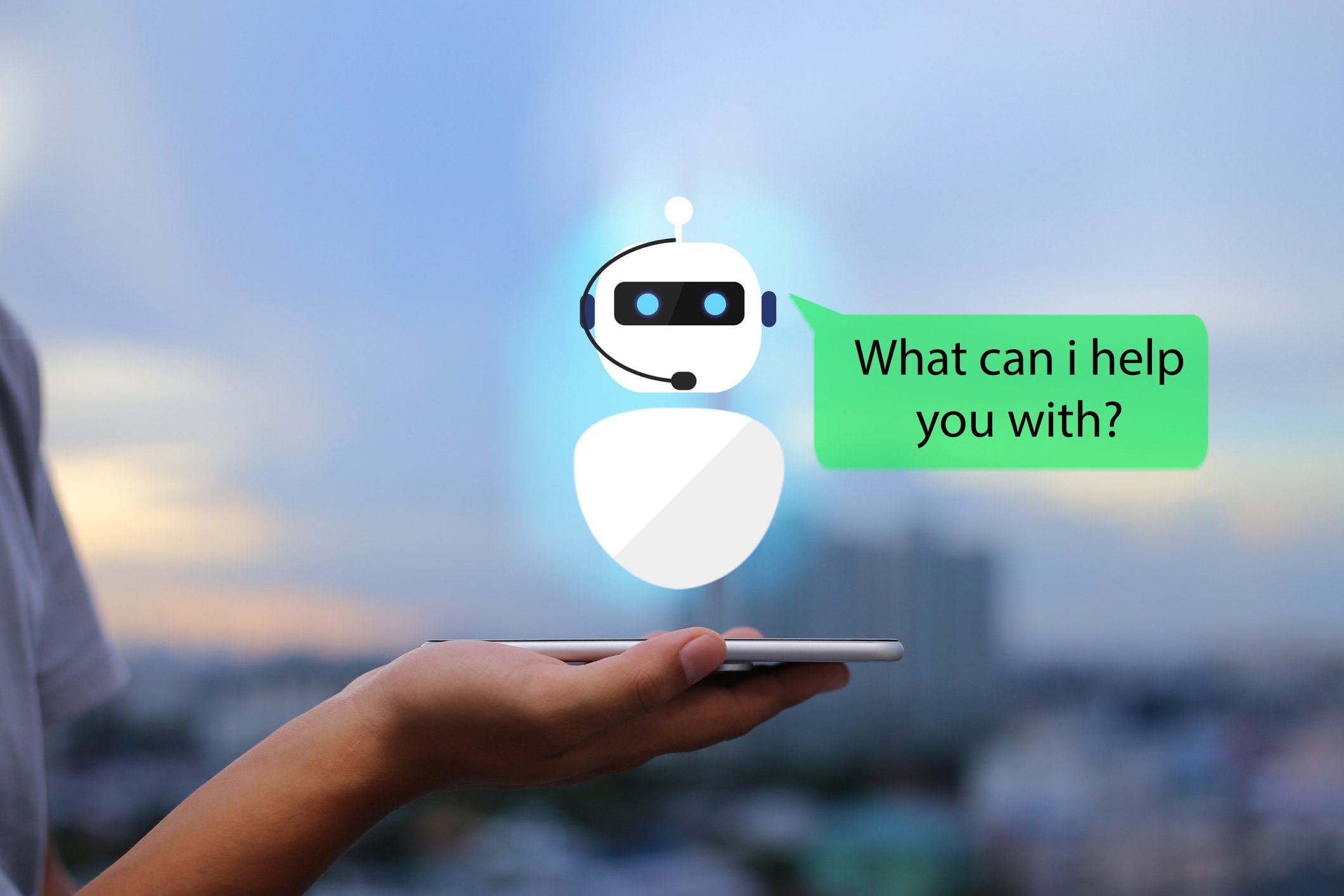The Advantages and Disadvantages of Using ChatGPT for Your Business
As technology continues to advance, businesses are exploring new and innovative ways to engage with customers. One such solution is chatbots, which use artificial intelligence to provide automated responses to customer queries. However, not all chatbots are created equal. In this blog post, we will explore the advantages and disadvantages of using ChatGPT, an AI language model, to power your chatbot.
Advantages of Using ChatGPT for Your Business
Improved Customer Experience: ChatGPT is a powerful AI language model that can provide highly accurate and natural-sounding responses to customer queries. This can greatly improve the customer experience, as customers can receive prompt, personalized responses to their queries without having to wait for a human agent.
Cost-Effective: Using ChatGPT to power your chatbot can be a cost-effective solution, as you can automate responses to customer queries without needing to hire additional staff. This can be particularly beneficial for small businesses with limited resources.
Scalable: ChatGPT is highly scalable, meaning that it can handle a large volume of customer queries without compromising on response quality. This makes it an ideal solution for businesses that anticipate a high volume of customer queries.
Customizable: ChatGPT can be trained on specific topics or industries, allowing you to tailor the responses to your business needs. This can help to improve the accuracy of responses and provide more relevant information to customers.
Disadvantages of Using ChatGPT for Your Business
Lack of Human Touch: While ChatGPT can provide highly accurate and natural-sounding responses, it lacks the human touch that can be important for certain customer interactions. Some customers may prefer to speak with a human agent for more complex queries or sensitive issues.
Limited Contextual Understanding: ChatGPT is designed to provide responses based on the text it receives, which means that it may have limited contextual understanding. This can result in inaccurate or irrelevant responses, particularly for queries that require a deeper understanding of the customer's situation.
Training Time: Training ChatGPT to provide accurate responses to your specific business needs can be a time-consuming process. This can require a significant investment of time and resources, particularly for businesses with complex products or services.
Integration Complexity: Integrating ChatGPT into your existing chatbot infrastructure can be a complex process, particularly for businesses with limited technical resources. This can require the assistance of a skilled developer or third-party service provider.
Conclusion
In conclusion, ChatGPT can be a powerful tool for businesses looking to automate their customer service interactions. It offers numerous advantages, including improved customer experience, cost-effectiveness, scalability, and customization. However, it also has some disadvantages, including a lack of human touch, limited contextual understanding, training time, and integration complexity. Ultimately, the decision to use ChatGPT for your business will depend on your specific needs and the trade-offs you are willing to make. With careful consideration and planning, however, ChatGPT can be a highly effective solution for businesses looking to improve their customer service interactions.

Post a Comment